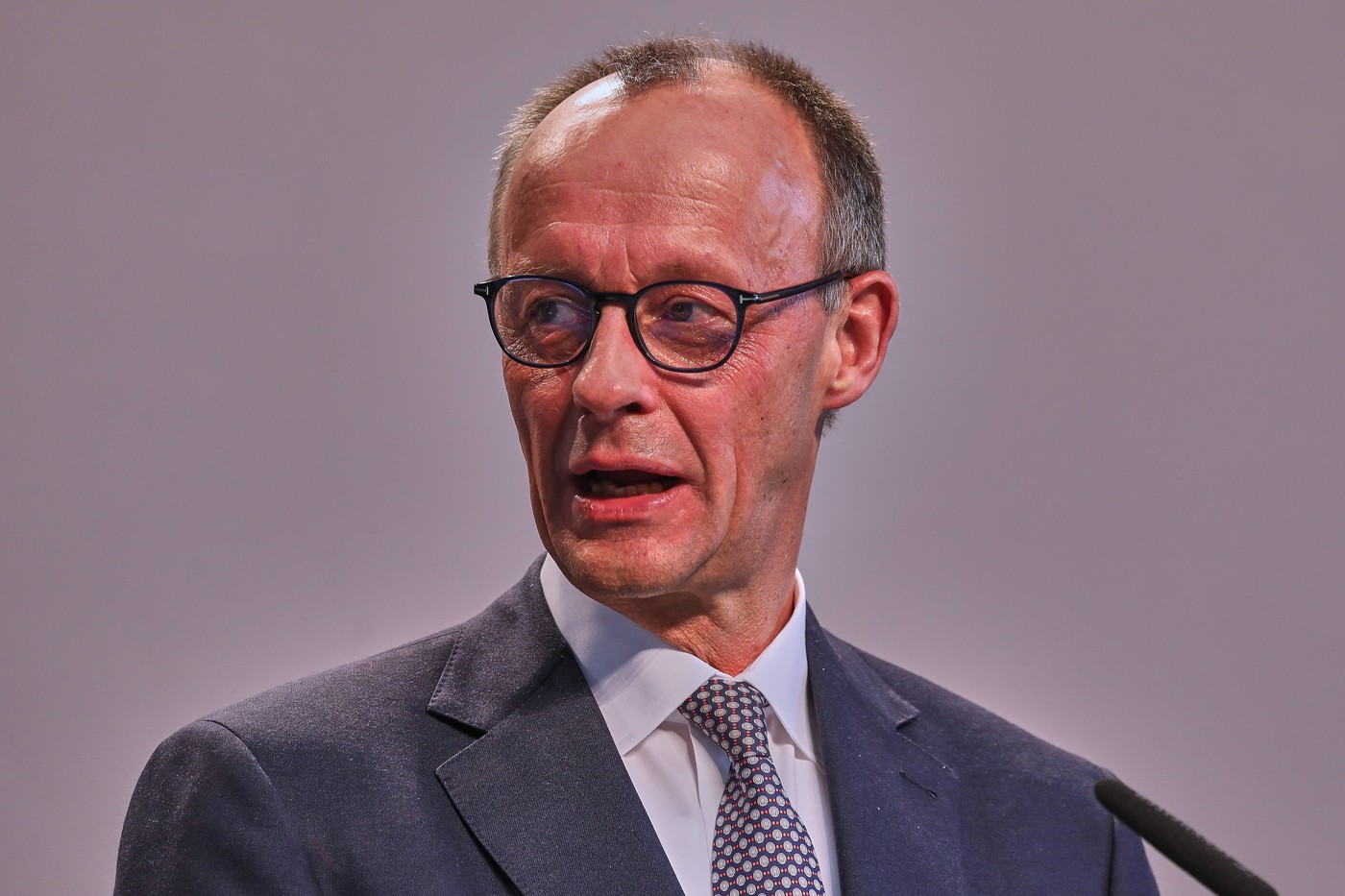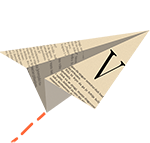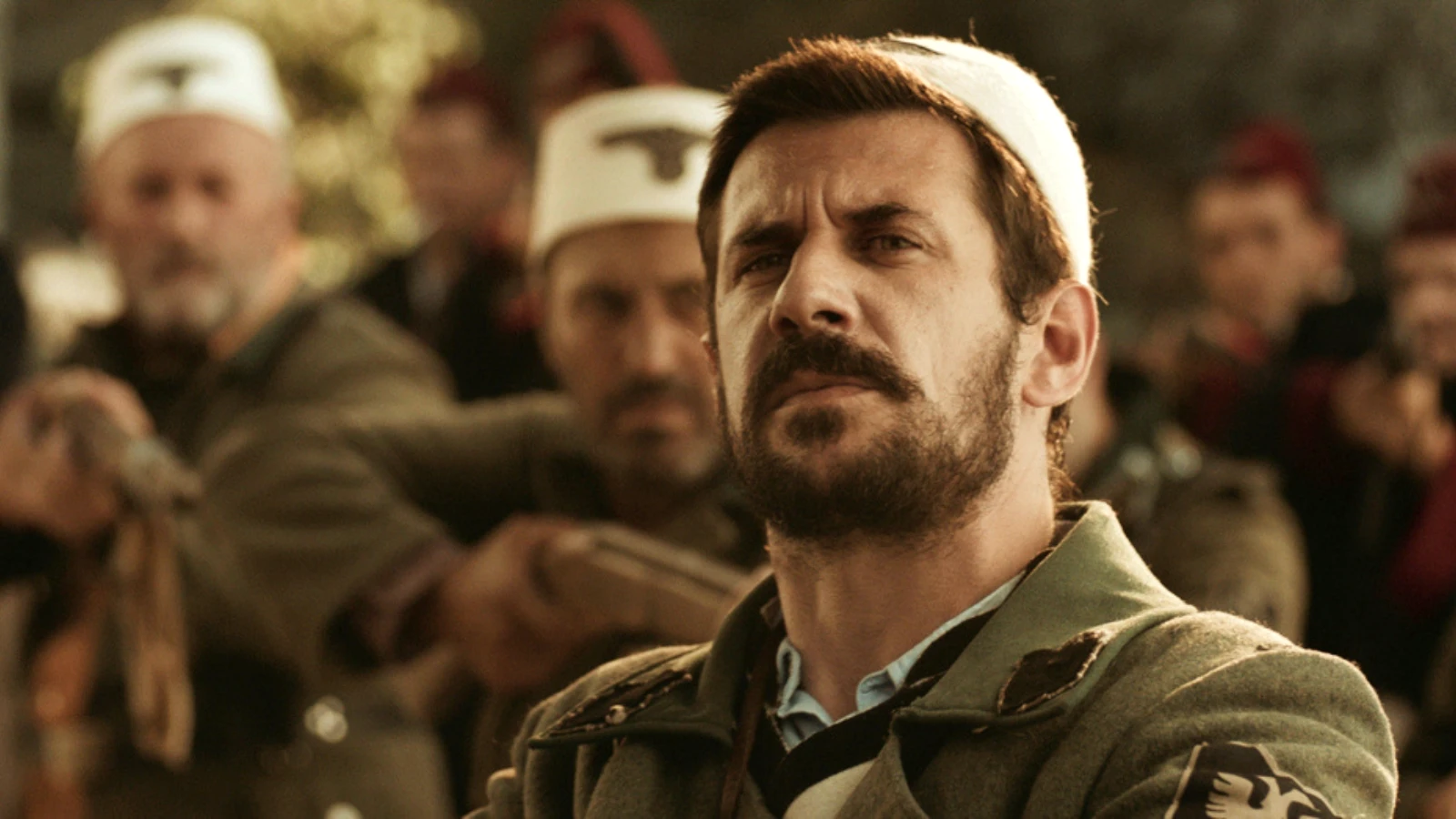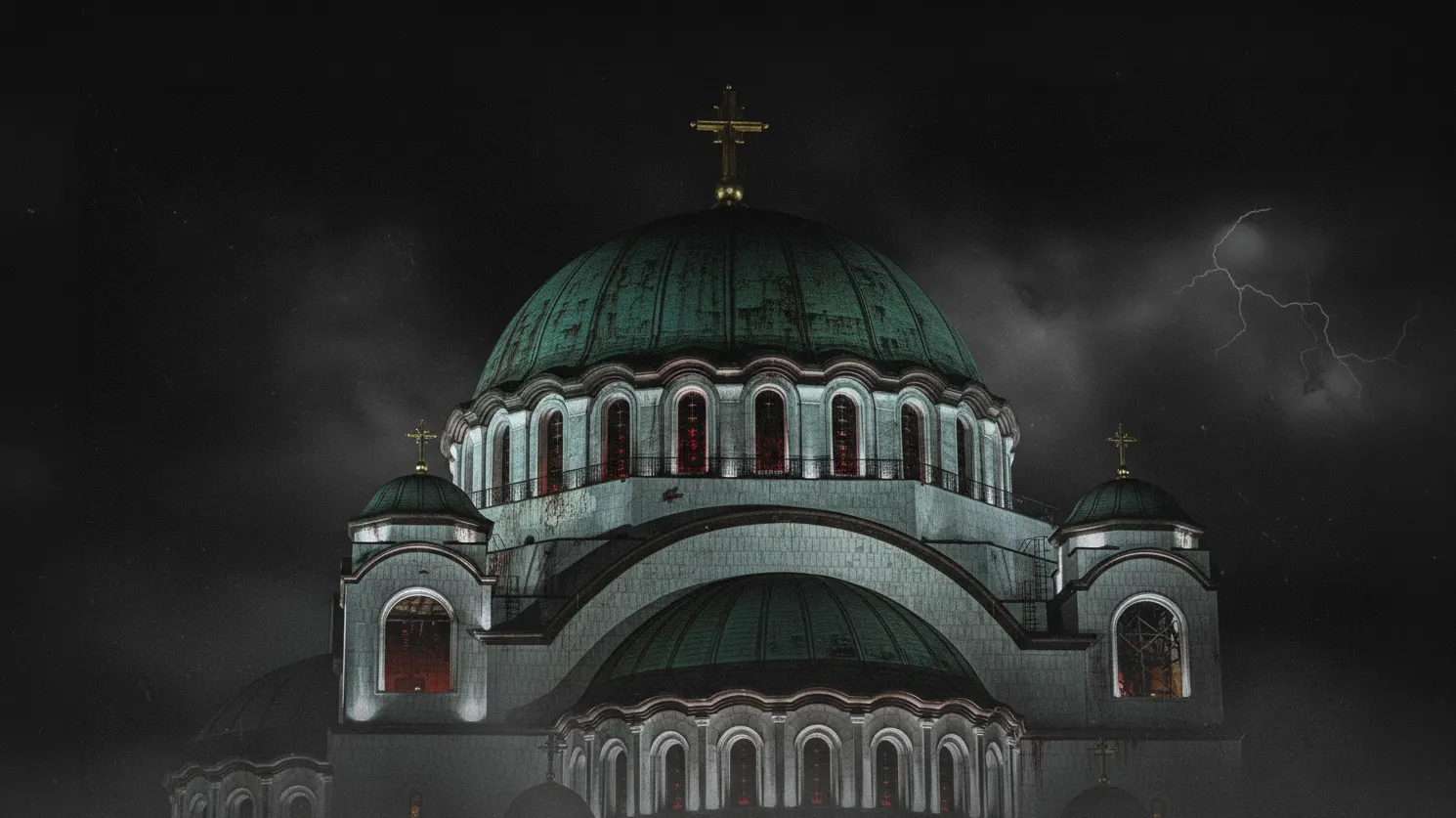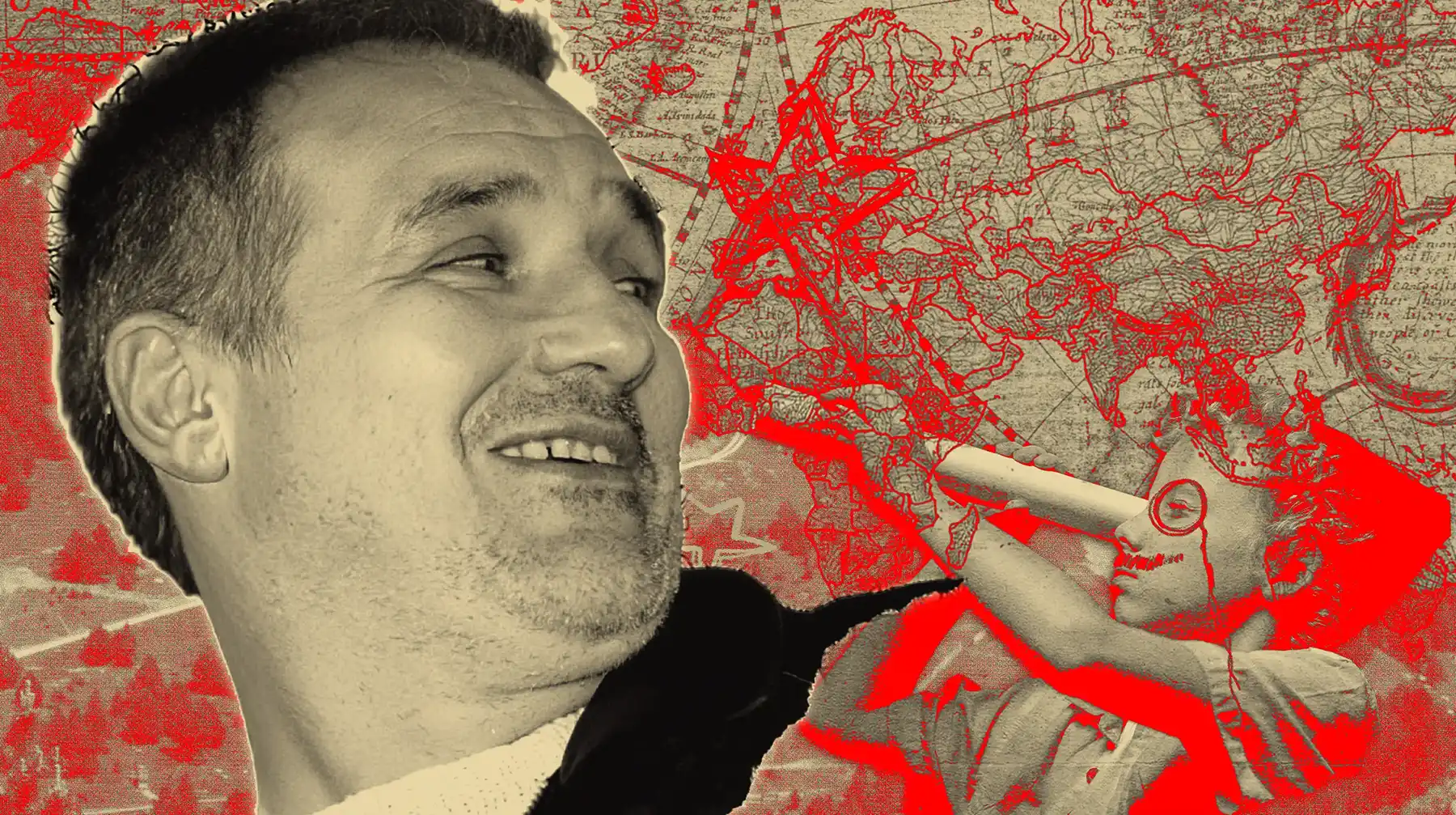This article was translated using a human-assisted ChatGPT process. We’re continuously improving the accuracy and tone of our translations. You can read the original here.
Since the unification of Germany, proclaimed at the Palace of Versailles in 1871, we have seen six different versions: the Second Reich, the Weimar Republic, the Third Reich, West Germany tethered to the US, East Germany as a Soviet vassal, and reunified Germany. With Friedrich Merz, a new kind of Germany is emerging—one history has yet to witness: armed yet democratic; powerful but not destructive; a leader without being a hegemon; a protector of Europe rather than a ticking bomb at its heart. If Russia, with its neo-imperial ambitions, is Europe’s main problem, then Germany is inevitably part of the solution. It’s delusional to talk about a collective European security system if Germany is not at its core.
Merz is set to officially become chancellor on May 6, when the Bundestag will convene. The session was delayed to allow all members of the Social Democratic Party (SPD) to vote on the new “Grand Coalition.” According to the agreement between the parties, the CDU will get the chancellorship and five ministries, the CSU will hold three, and the SPD will have seven ministers.
After securing a vote of confidence in the Bundestag, Merz will head to Bellevue Palace, where President Frank-Walter Steinmeier will formally nominate him as chancellor. He will then return to parliament to appoint his ministers and have them sworn in.
The new chancellor won’t enjoy a “honeymoon period” or the usual hundred days of political goodwill. Polls show the CDU and CSU have dropped to 25 percent support, while the AfD has climbed to 24 percent.
It was Olaf Scholz who coined the term Zeitenwende—meant to end the narrative of Germany as an “economic giant and military dwarf”—but it will be Merz’s task to turn it into reality. Even before taking office, Merz managed to accomplish two major things: he removed the constitutional cap that limited budget deficits to 0.35 percent, and he laid the groundwork for Germany to allocate €500 billion toward military buildup over the next decade.
He also gave the green light, during the two-month transition period, to an SPD proposal for Germany to take on €1 trillion in debt over the next five years. That vast sum is intended to renew infrastructure, restructure the German economy in line with new realities, and fund reforms—starting with the most painful: the pension system.
Beyond pensions, the Merz administration’s first moves will focus on curbing illegal migration and tightening border controls, downsizing the bureaucratic apparatus, and initiating a series of steps aimed at making the administration faster and more efficient. The new government will also need to propose—and the Bundestag to adopt—the 2025 federal budget. Given the scale of the work ahead, for the first time, members of the German parliament will remain in session through the end of July to complete urgent, non-deferrable tasks.
Who’s Afraid of a Re-Armed Germany
One of Merz’s main objectives will be to return Germany to the EU’s leadership and then to begin realizing European military independence from the United States—or, as Emmanuel Macron would say, the EU’s strategic autonomy. That won’t be easy: domestically, Merz will have to contend with a pro-Russian and Euroskeptic opposition pushing for Germany’s exit from the eurozone. On the EU level, the key task will be building a credible, stable defense system—one that can deter Russia and be respected by the United States.
A growing concern is that arming the EU could end up becoming a backdoor route to strengthening Germany’s own military and widening the gap between the Bundeswehr and other national forces. That scenario is quite likely, as military buildup will be funded through national programs. In that arrangement, Berlin holds a dominant position: not only does Germany have the largest budget, it is also the least indebted among the EU’s major countries, giving it far more room to maneuver.
Former European Central Bank president Mario Draghi has repeatedly warned that the EU could face dangerous internal disparities if it doesn’t move toward a shared European defense system funded by joint debt via EU-issued bonds. Draghi’s vision doesn’t exclude Germany—on the contrary, it places Germany at the center, emphasizing that for the EU, it is crucial for Germans to embrace their geographic and historical role as the backbone of Europe.
Paradoxically, it’s the Germans themselves—more than their neighbors with painful historical memories—who are most afraid of a re-armed Germany. When Germany backed the 1999 NATO bombing of Yugoslavia and announced its participation in the military operation, the largest protests happened inside the “Federal Republic” itself. Then-Foreign Minister and Green Party leader Joschka Fischer had red paint thrown at him.
Germany’s demilitarization has exceeded all expectations. In just 80 years, Europe’s most belligerent nation has transformed into one of its most pacifist. Until the Russian invasion, the vast majority of Germans still stood by slogans like “Never again war” and “Never again weapons in our hands.”
During the Cold War, the Bundeswehr was fully under US military control. After the fall of the Berlin Wall, the German military was essentially dismantled. As of last November, Germany had just under 58,000 active-duty soldiers, a little over 100,000 reservists, and about 10,000 volunteers. The Bundeswehr had slightly more than 300 tanks, 56 aircraft, 65 ships, and six submarines. In short, a paltry arsenal for the EU’s largest, most powerful, and wealthiest nation.
It would be naïve to think Germany’s rearmament hasn’t raised eyebrows—or sharpened antennae—among diplomats and officials focused on security and geopolitics. For the first time since World War II, Germany is arming itself.
History books often cite the assassination of Austro-Hungarian Archduke Franz Ferdinand as the trigger for World War I. In reality, the deeper cause was Germany’s rearmament and its desire to challenge Britain’s naval supremacy and France’s dominance on the continent.
Trump’s America and Germany
The America of Franklin Roosevelt and Harry Truman—and even of Ronald Reagan and Bill Clinton—is gradually giving way to Trump’s version, which is leaving a vacuum on the European continent. And that vacuum must be filled by someone. Of all potential candidates, Germany is the most capable—ideally through a close alliance with France and the United Kingdom, and a networked cooperation with Italy, Spain, and Poland.
When George W. Bush asked Angela Merkel at the end of his term why she always took so long to make decisions—and why she never made them alone—he was stunned by her response: “Because that’s what you wanted.”
At the time, Secretary of State Condoleezza Rice had to explain to Bush what Merkel meant. The first African American to head the State Department clarified that Washington, along with Paris and London, had learned a hard lesson from World War I: after World War II, they consciously chose not to humiliate defeated Germany or exclude it from their inner circle.
In other words, America didn’t punish the German people—at least not the part that ended up in the hands of the Western Allies. On the contrary, the Marshall Plan laid the foundations not only for economic recovery, but also for a constitutional and political system designed to erect insurmountable barriers to the rise of authoritarian or militaristic regimes to which Germans had once been prone. In hyper-democratic Germany, every branch of government is fully independent—but also tightly constrained, both by each other and by law.
That’s why decisions in Germany are made slowly, collectively, and only after they’ve been thoroughly vetted by other branches of government.
Merz as the New Adenauer
Expectations are high for Merz to carry out the most significant shift since Konrad Adenauer. Germany’s first postwar chancellor abandoned the so-called Sonderweg—the notion that Germans had a special path and role in Europe—and firmly anchored the country within the Euro-Atlantic sphere.
From the founding of the Second Reich to the collapse of the Third, Berlin’s political elite believed Germany should belong neither to the West nor the East, and should instead build its own geopolitical sphere of influence. That idea—what the French once called incertitudes allemandes—dragged the continent into two world wars.
To be fair, Willy Brandt partially adjusted Adenauer’s course with his “Ostpolitik,” seeking to pacify and normalize relations with the Eastern part of the continent, just as the former mayor of Cologne had done with the West.
Merz has always been a staunch Euro-Atlanticist, but he is also a pragmatic politician, one tempered and sharpened by setbacks. He was among the first to recognize that Donald Trump’s initial election wasn’t a fluke in American political history—or in the transatlantic relationship. Trump simply accelerated, abruptly and unapologetically, a drift between the two sides of the Atlantic that had begun earlier.
Another key shift is that Berlin has now accepted a hard truth: a collective European defense system, including Germany’s own security, cannot be built with Russia—it must be built against it.
The incoming chancellor harbors no illusions shared by some of his predecessors and parts of Berlin’s establishment, who viewed the Federal Republic as a Zivilmacht—a “civilian power.” In a world where multilateralism no longer exists, being a civilian power under an absent American umbrella—an economic giant but a military dwarf—is not only ineffective; it’s self-defeating. That holds true for Germany as much as for the EU as a whole.
The aforementioned Joschka Fischer began his political life campaigning for total demilitarization and the removal of nuclear weapons from West German soil. It’s almost unimaginable that, at 75, he would become one of the loudest advocates for rearming Germany.
Poštovani, da biste nastavili sa čitanjem naših premium sadržaja, neophodno je da odaberete jedan od planova pretplate.
Već imate nalog? Ulogujte se







